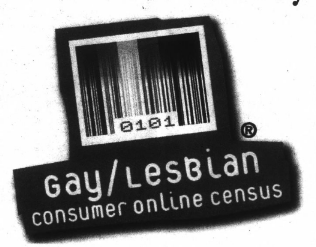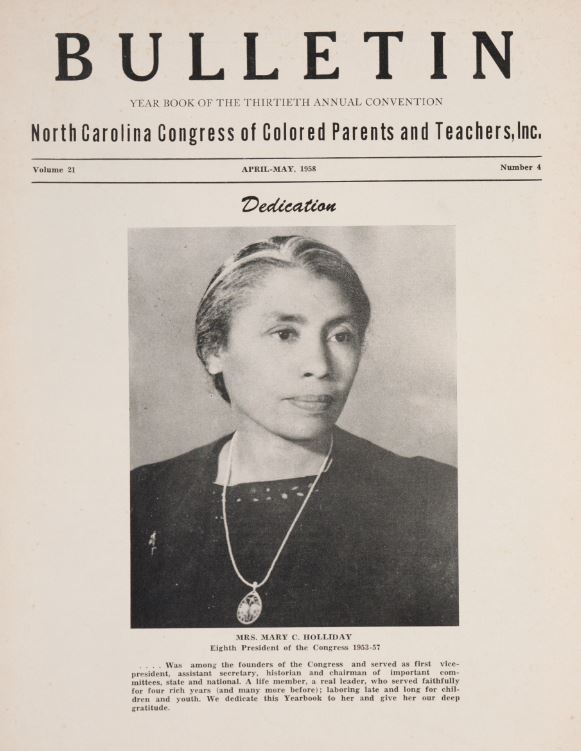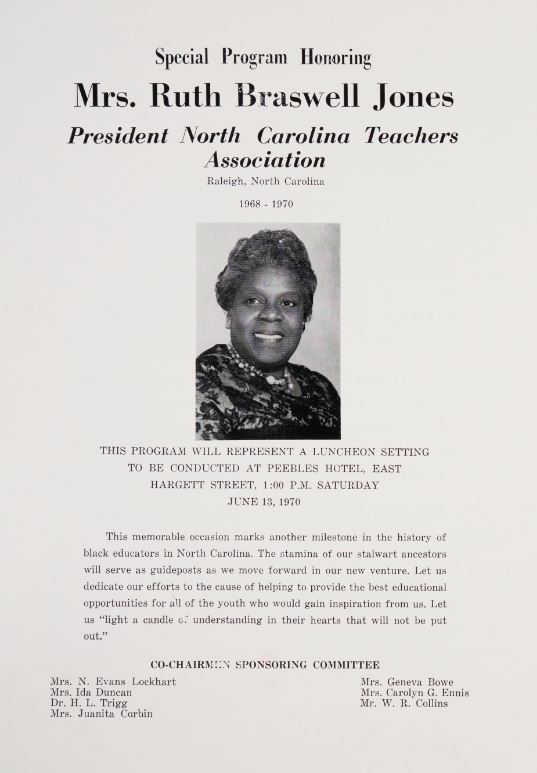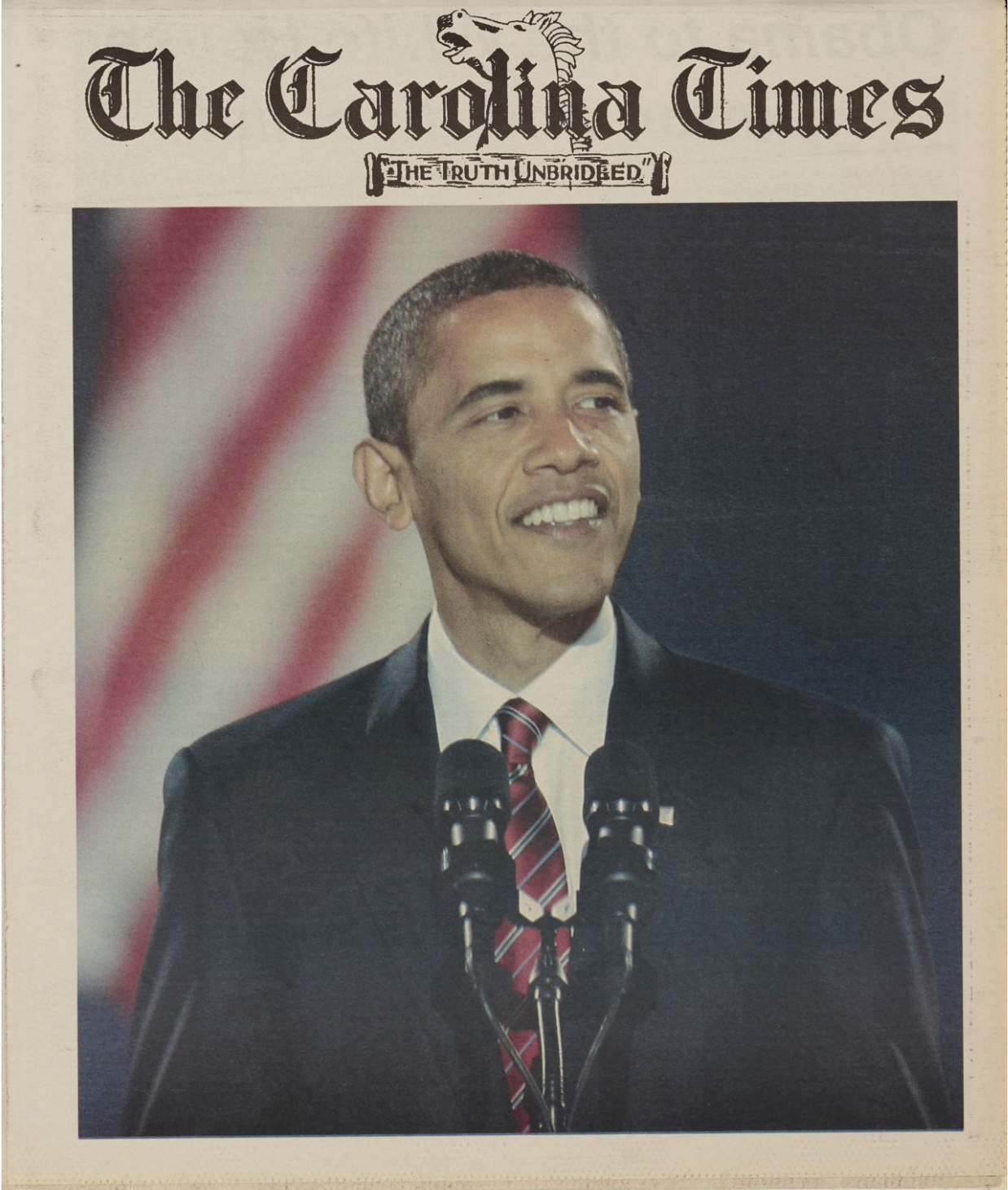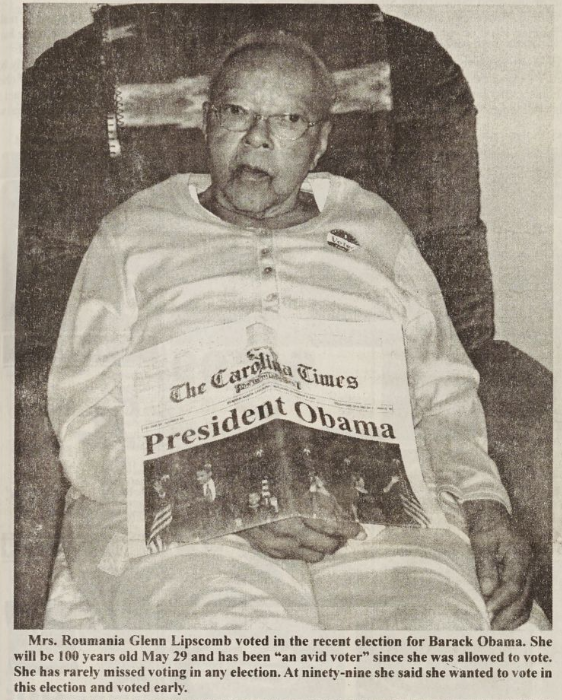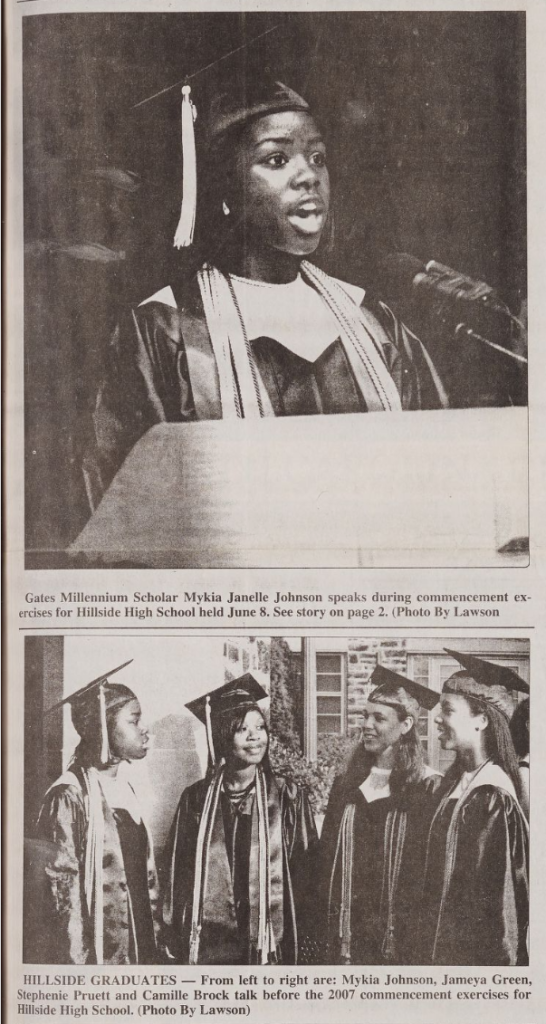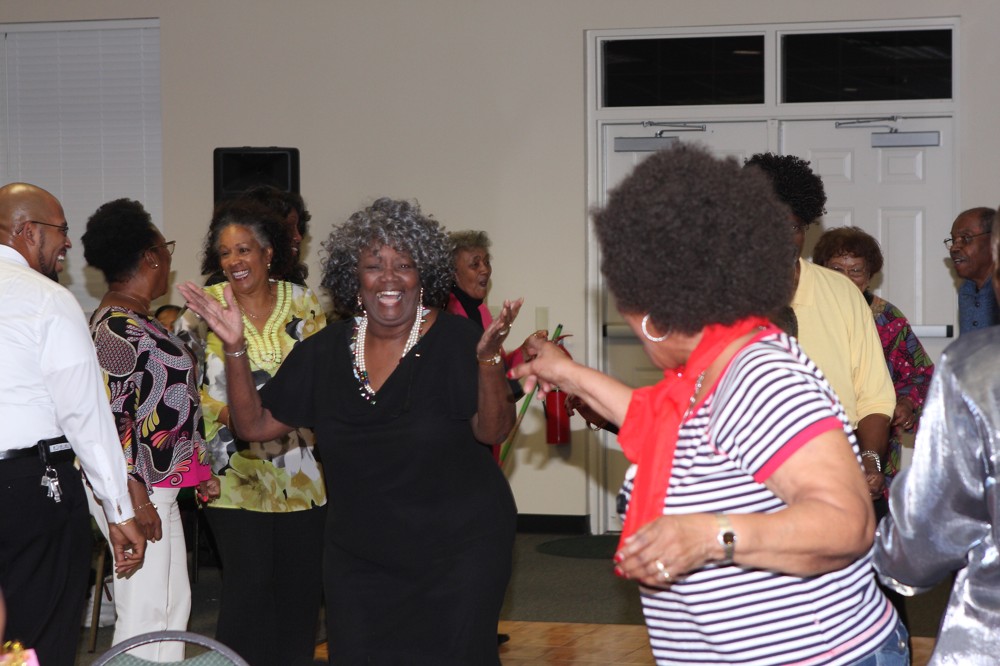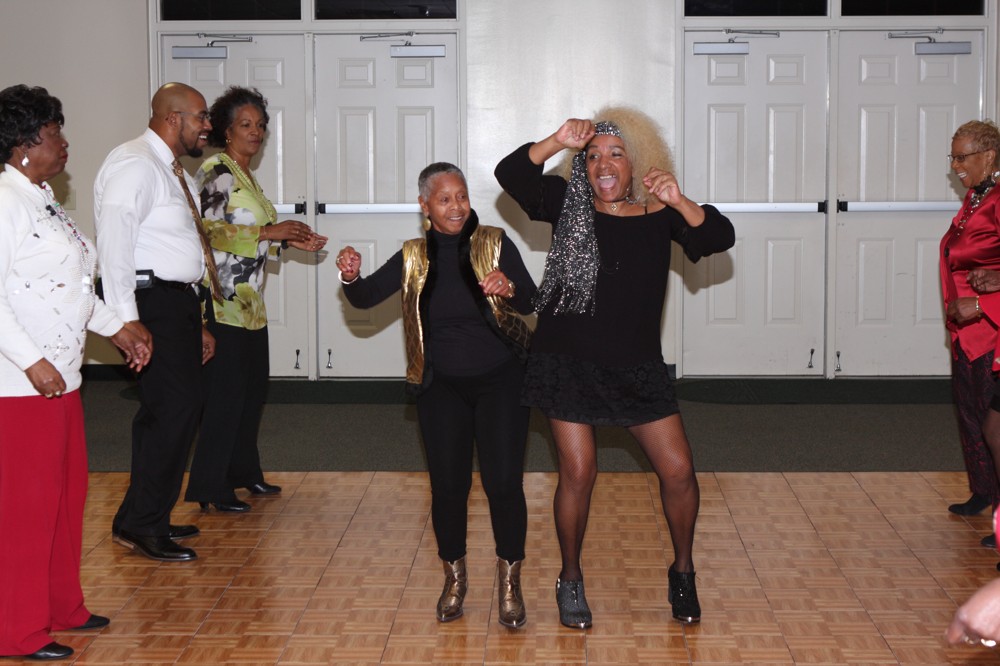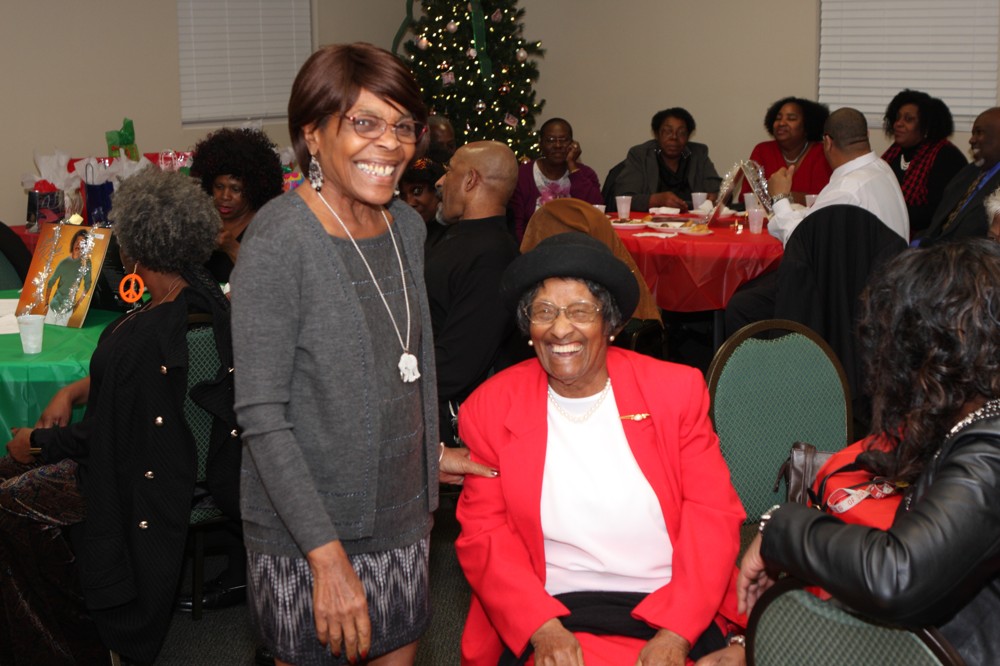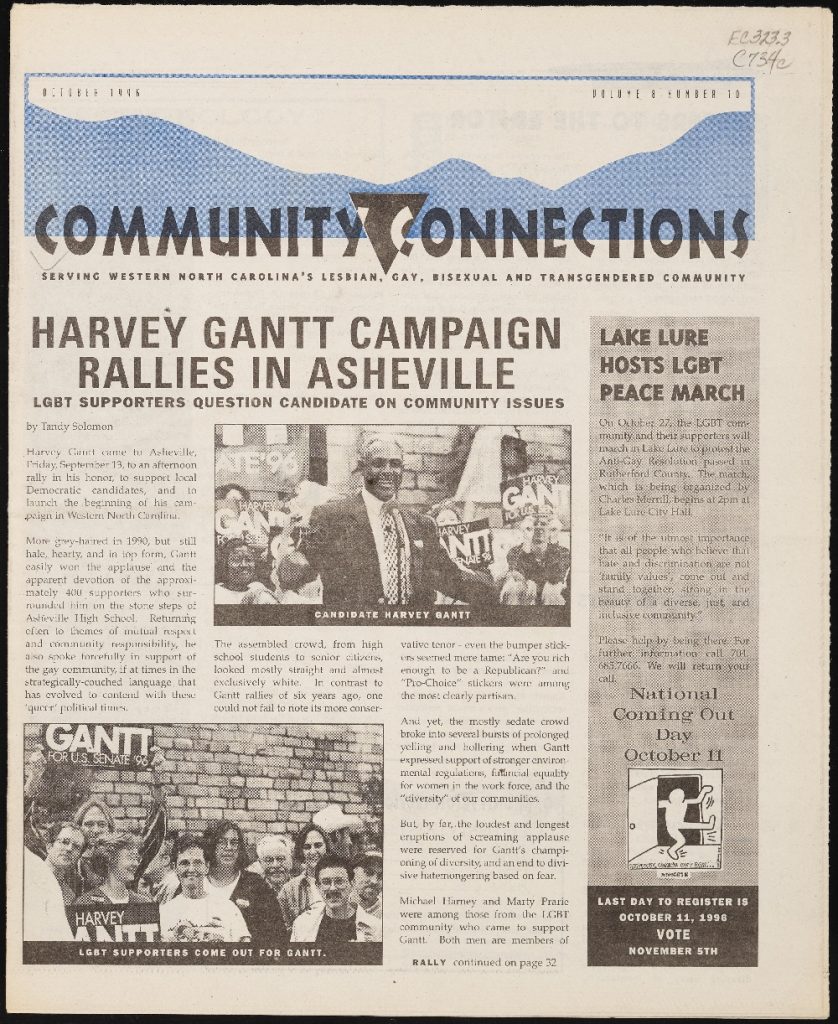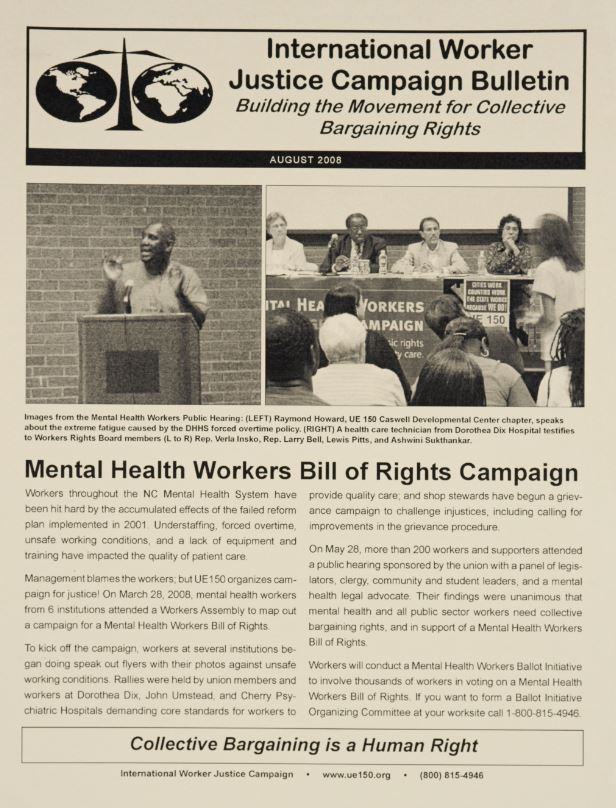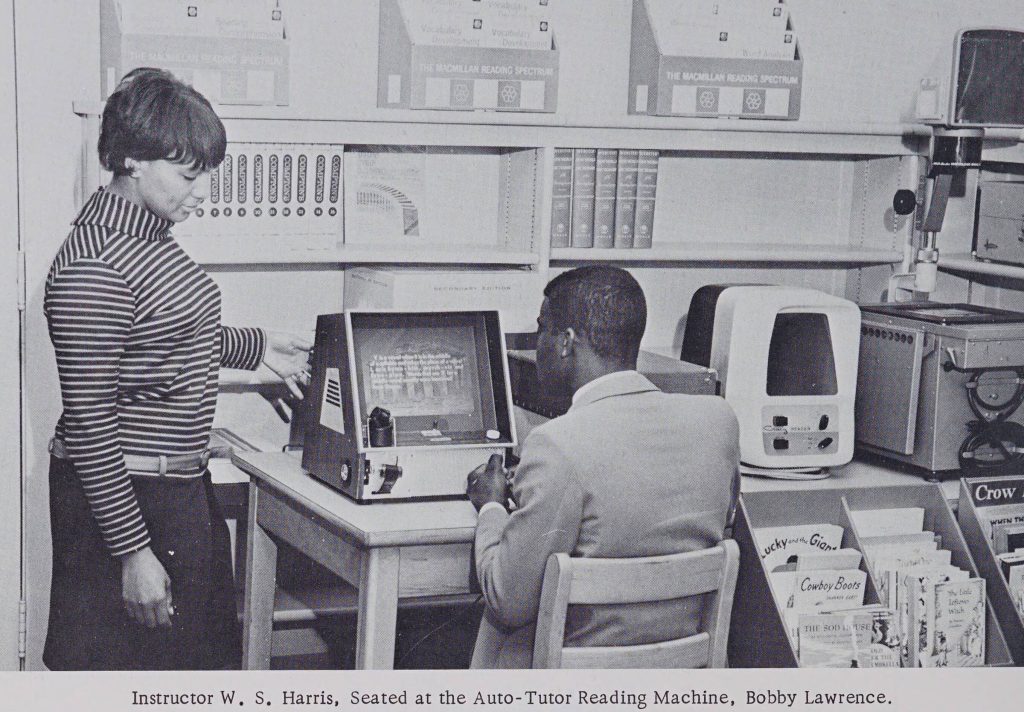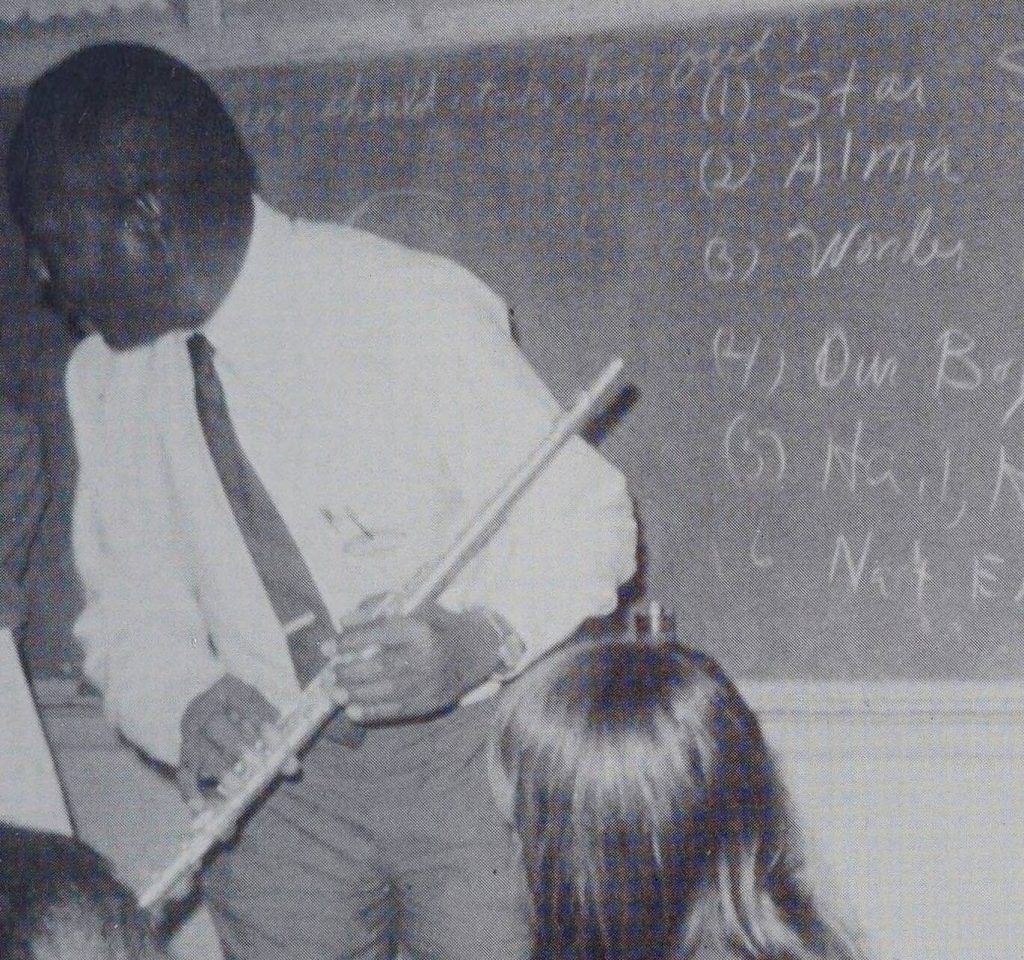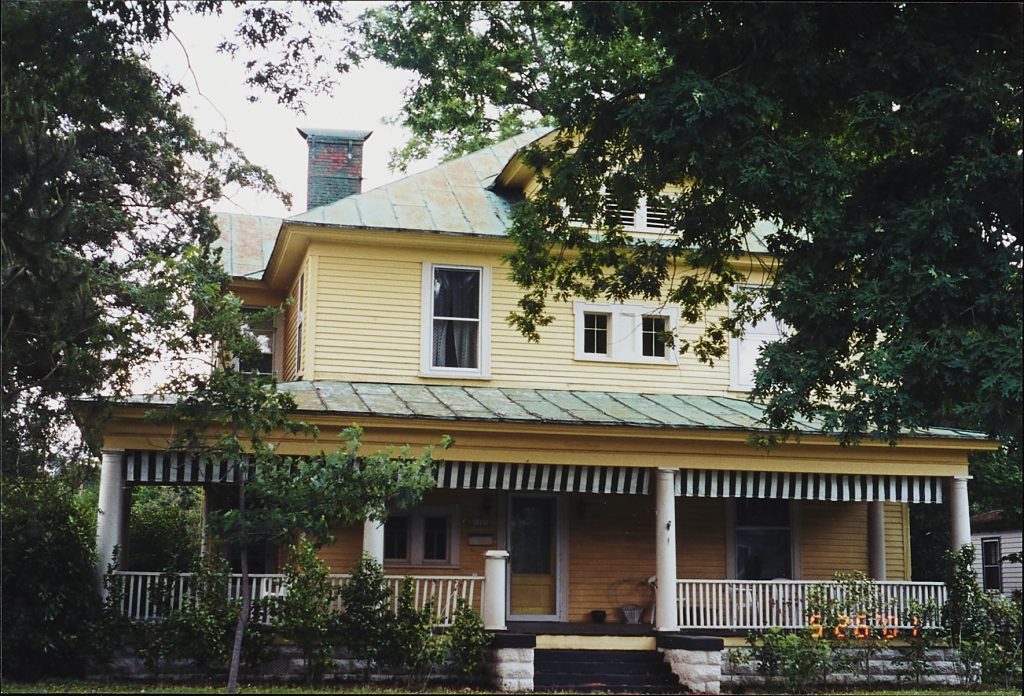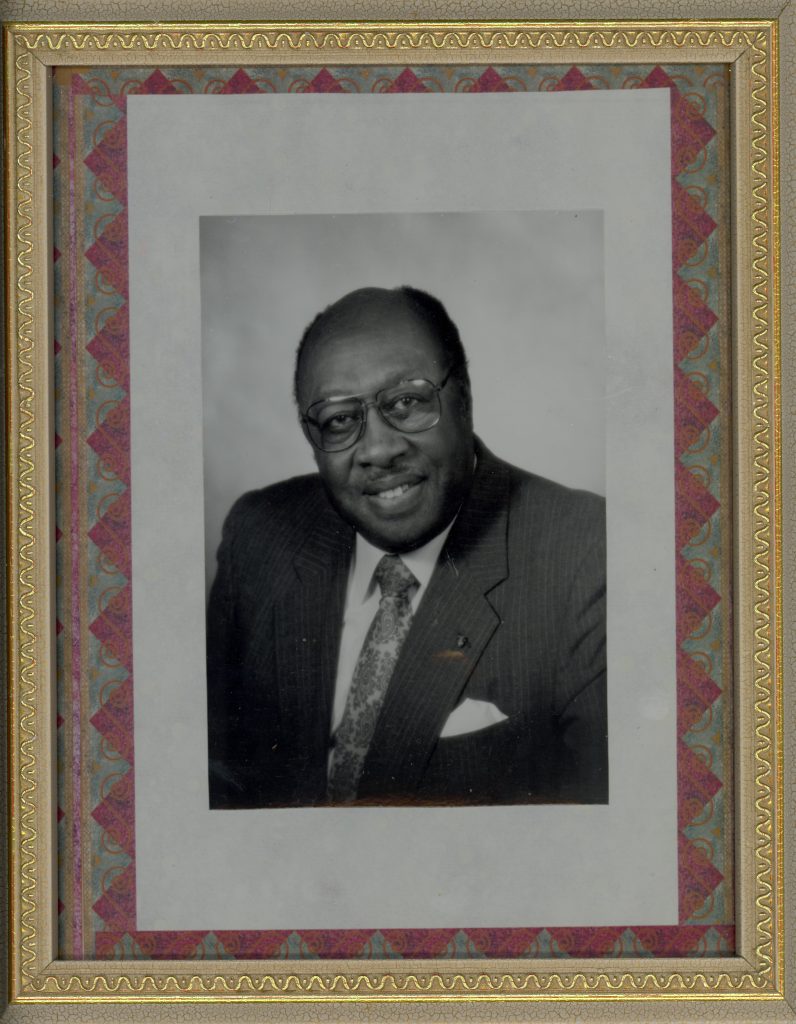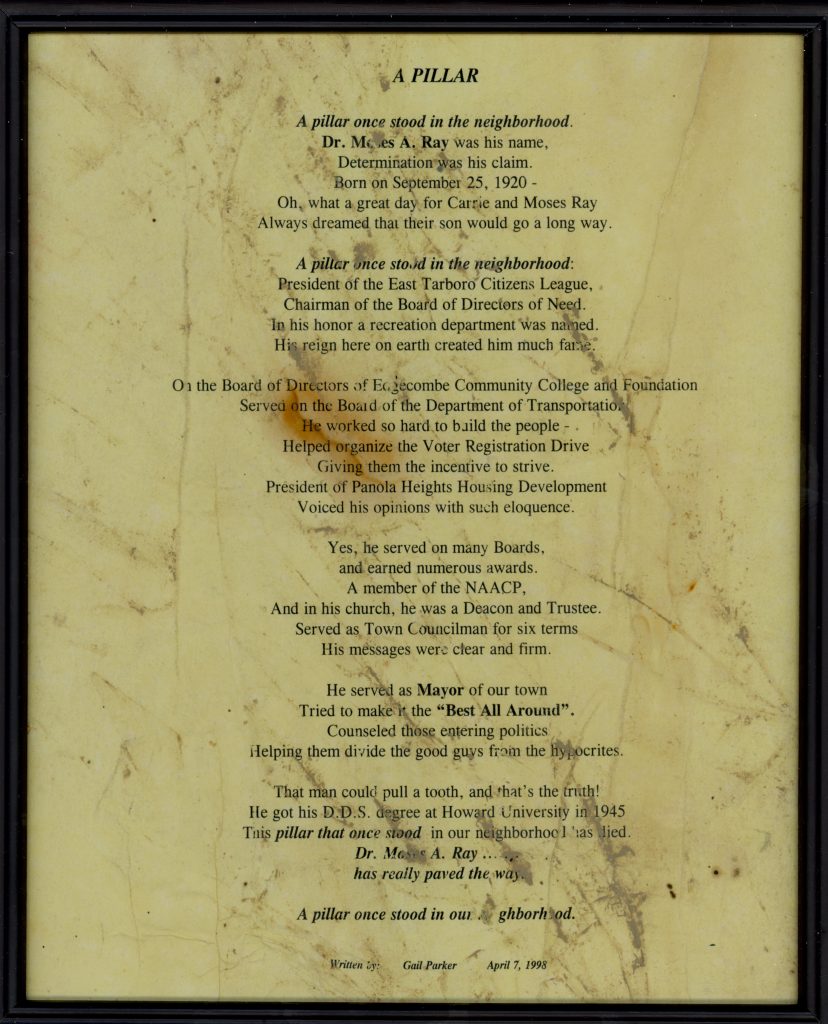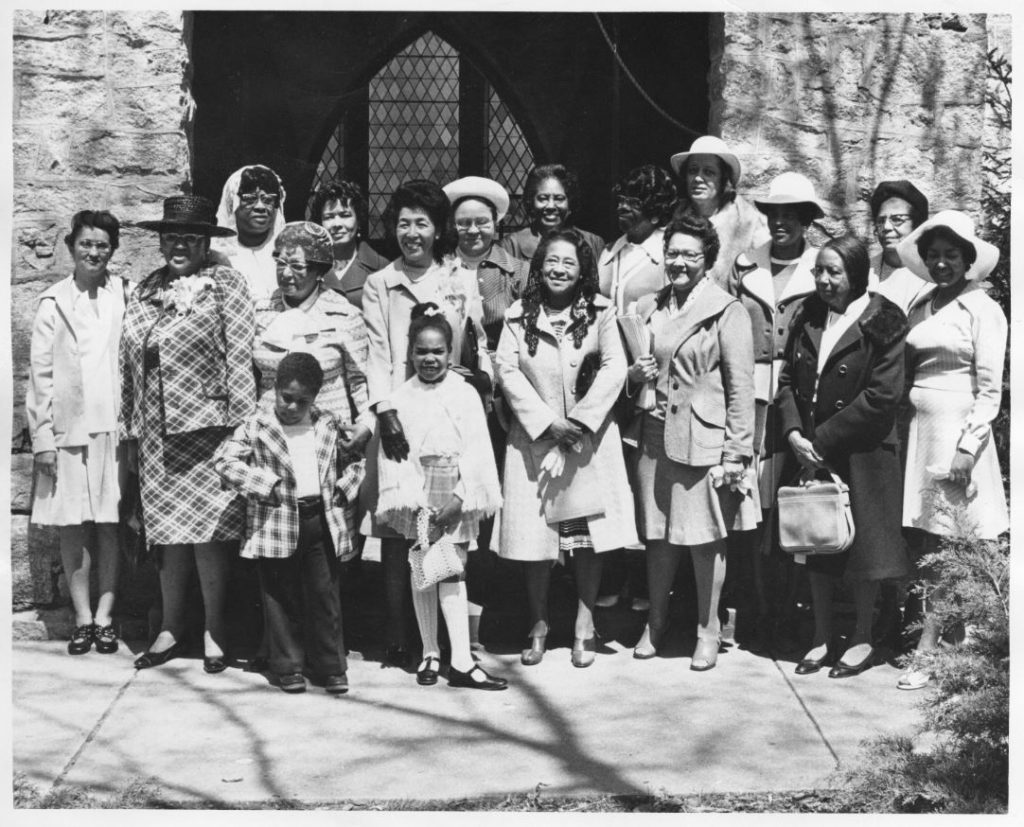We are excited to announce that the final issues of The Carolina Times are now available on the DigitalNC website! Our site now hosts 3,811 total issues of the Durham-based African-American newspaper spanning from 1937 to 2020. With the publication of its final issue in 2020, The Carolina Times cemented its long legacy of promoting the interests of the Black community in Durham and across the nation. Thanks to funding from UNC Libraries’ IDEA grants over the past 3 years, we have been able to complete this work and expand access to this important piece of North Carolina history.
The paper shuttered after the death of its longtime publisher Kenneth Edmonds at the age of 66. Edmonds was the grandson of founder Louis Austin. Described as “the most important voice for freedom in Durham and in North Carolina” from the 1920s through the 1970s, Austin was a staunch advocate for Durham’s Black community and a powerful force behind local voter registration and school integration efforts. His descendants continued his work, as Edmonds and his mother Vivian “didn’t miss an edition” in the 1970s, even after a fire believed to be a result of arson destroyed the Carolina Times‘s building. Read more about Louis Austin, Kenneth Edmonds, and the family’s powerful legacy here.
In its final years, The Carolina Times continued to be a voice for social justice, especially through the fraught presidency of Donald Trump and the early weeks of the COVID-19 pandemic. Below is one example of the Carolina Times’s reporting that focuses in on the experience of the Black Americans.
One exciting find in these final issues is a shoutout to none other than DigitalNC! As the below article suggests in what can only be described as a full circle moment, these uploads of The Carolina Times are invaluable to researchers, genealogists, and anyone interested in exploring local issues in Durham’s Black community.
While the closure of The Carolina Times is a loss for North Carolina and the larger Black press landscape, we are honored to make these issues available digitally and contribute to the paper’s preservation. To explore all available issues of The Carolina Times on our website, click here. For a look at other local North Carolina newspapers, click here.



